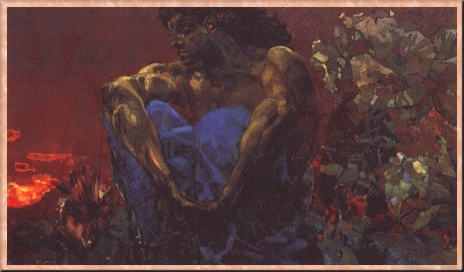



Week 1 - IntroductionIn the opening class, after introductions and paperwork, I will give a preview of things to come, and a brief introduction to the relation between intelligent choice, entropy, heat, memory, Maxwell's daemon, thermodynamic computing, and information theory. Any of these topics may be pursued further along with Dembski's agenda in later classes depending on interest. |

|